Did you know that Berbak National Park shelters over 300 bird species, including the critically endangered Storm’s Stork, of which fewer than 500 remain in the wild? This vast peat swamp forest in Sumatra represents one of Southeast Asia’s most significant carbon sinks and offers intrepid travelers a rare glimpse into pristine wetland ecosystems that few ever experience.
Berbak National Park’s pristine peat swamp forest ecosystem
Getting There & Planning Your Journey
Reaching Berbak National Park requires some planning due to its remote location in Jambi Province, Sumatra. The journey is part of the adventure, taking you through rural Indonesia and finally into the heart of wild Sumatra.
Speedboat transportation along Berbak’s blackwater rivers
By Air
Fly to Jambi City (Sultan Thaha Airport) from Jakarta or other major Indonesian cities. Flights typically take about 1 hour from Jakarta.
By Land & Water
From Jambi City, you have two main routes:
- Jambi to Suak Kandis (1.5 hours by car), then 30 minutes by speedboat to Air Hitam Dalam
- Jambi to Nipah Panjang, then 2 hours by speedboat to Air Hitam Laut
Guided Tours
For the easiest experience, book a guided tour that handles all transportation logistics, permits, and provides expert naturalist guides.
Important: Register with the regional nature conservation office (BKSDA Jambi) before entering the park. Your tour operator can assist with this process, or you can visit their office in Jambi City.
Best Time to Visit & Weather Tips
Timing your visit to Berbak National Park is crucial for the best experience in this remote wilderness area.
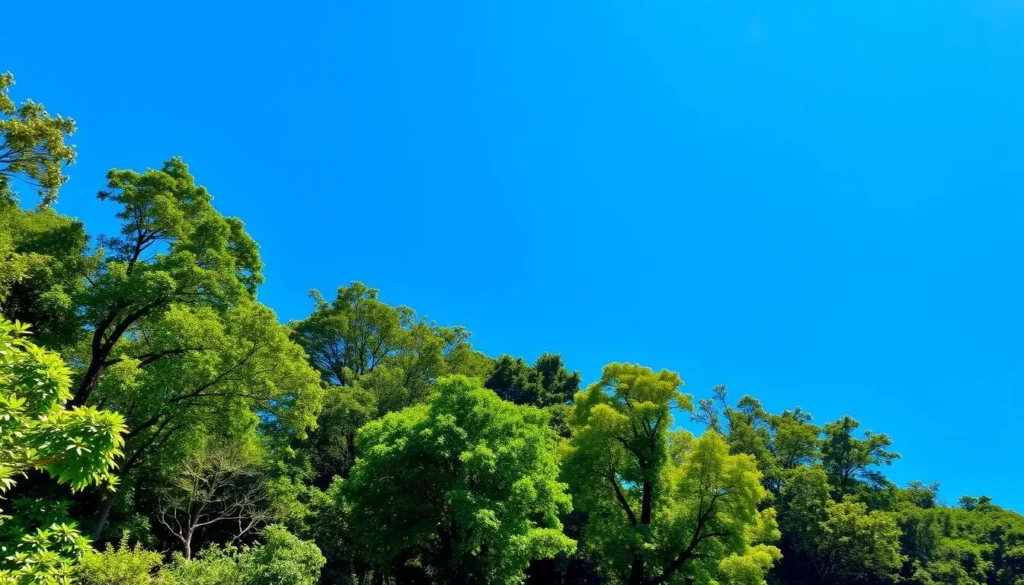
Ideal weather conditions during the dry season (March-November)
Dry Season (March-November)
The optimal time to visit Berbak National Park is during the dry season from March through November. During these months, you’ll experience:
- More stable water levels in rivers and swamps
- Better wildlife viewing opportunities
- Reduced risk of heavy rainfall interrupting activities
- Safer boat navigation conditions
- Less mud on trekking paths
Weather Considerations
Even during the dry season, be prepared for:
- High humidity (80-90%) year-round
- Temperatures ranging from 23-32°C (73-90°F)
- Occasional afternoon showers
- Morning mist over rivers and swamps
The wet season (December-February) brings heavy rainfall and potential flooding, making travel difficult and sometimes dangerous.
Getting Around Locally
Navigating Berbak National Park is primarily done by boat, as the park consists of swamp forests intersected by numerous rivers and waterways.
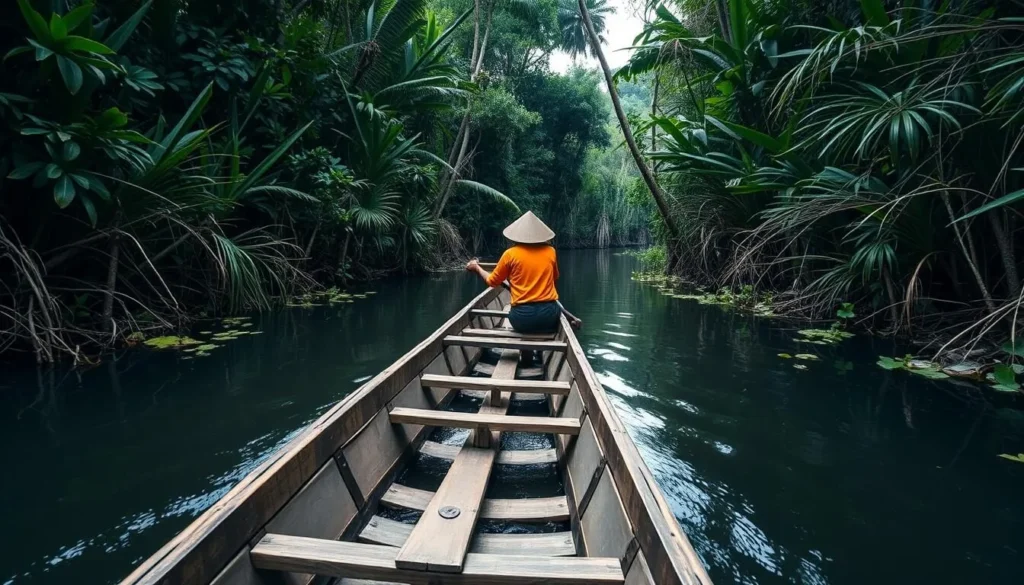
Local wooden boats provide access to narrow waterways
Speedboats
For longer distances and main river routes, speedboats are the primary mode of transportation. These can be arranged through tour operators or at entry points like Nipah Panjang or Suak Kandis.
Traditional Boats
Smaller wooden boats (known locally as “perahu”) are ideal for exploring narrow channels and getting closer to wildlife. These quieter vessels are perfect for photography and birdwatching.
Walking Trails
Limited walking trails exist near ranger stations and observation points. These short trails allow you to experience the forest floor ecosystem, though always with a guide due to navigation challenges.
Safety Note: Never attempt to navigate the park’s waterways independently. Always hire experienced local guides who understand the complex river systems and potential wildlife encounters.
Where to Stay
Accommodation options around Berbak National Park are limited but provide authentic experiences close to nature.
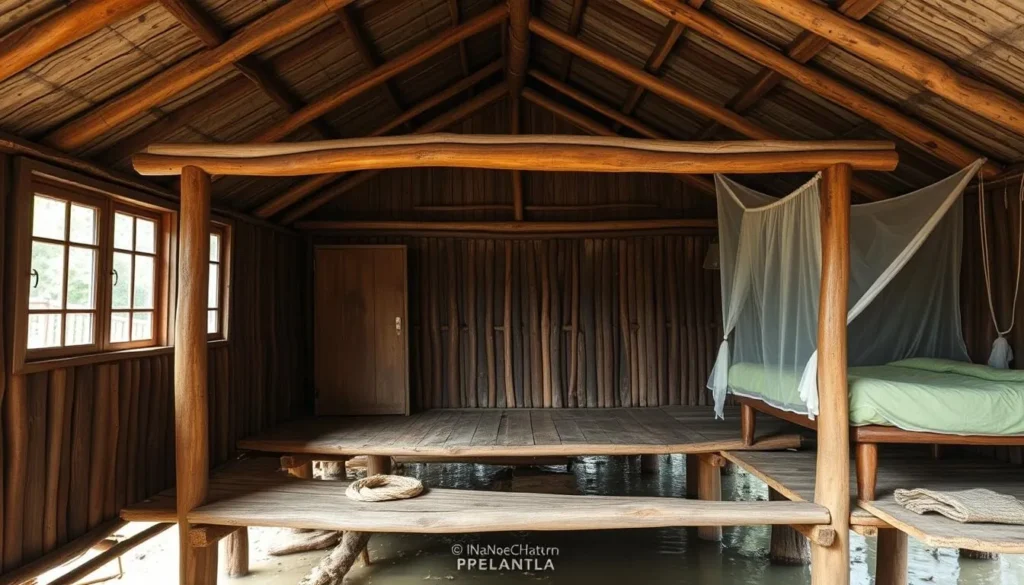
Basic ranger station accommodation within the park
Park Ranger Stations
The most immersive option is staying at basic ranger stations within the park. These simple facilities offer:
- Basic sleeping quarters with mosquito nets
- Shared bathroom facilities
- Simple meals prepared by staff
- Incredible proximity to wildlife
Advance arrangements are necessary through tour operators or the park office.
Nearby Villages
Villages like Air Hitam Laut and Nipah Panjang offer basic homestay accommodations that provide:
- Cultural immersion with local communities
- More comfortable facilities than in-park options
- Home-cooked local meals
- Insights into local life and traditions
Jambi City Hotels
For those preferring modern comforts, stay in Jambi City and arrange day trips to the park. This option offers:
- Standard hotel amenities and air conditioning
- Reliable internet and electricity
- Varied dining options
- Longer travel times to/from the park (2-5 hours each way)
Dining & Local Cuisine
Dining options within Berbak National Park are limited, but the surrounding areas offer delicious local Jambi cuisine that reflects the region’s rich cultural heritage.
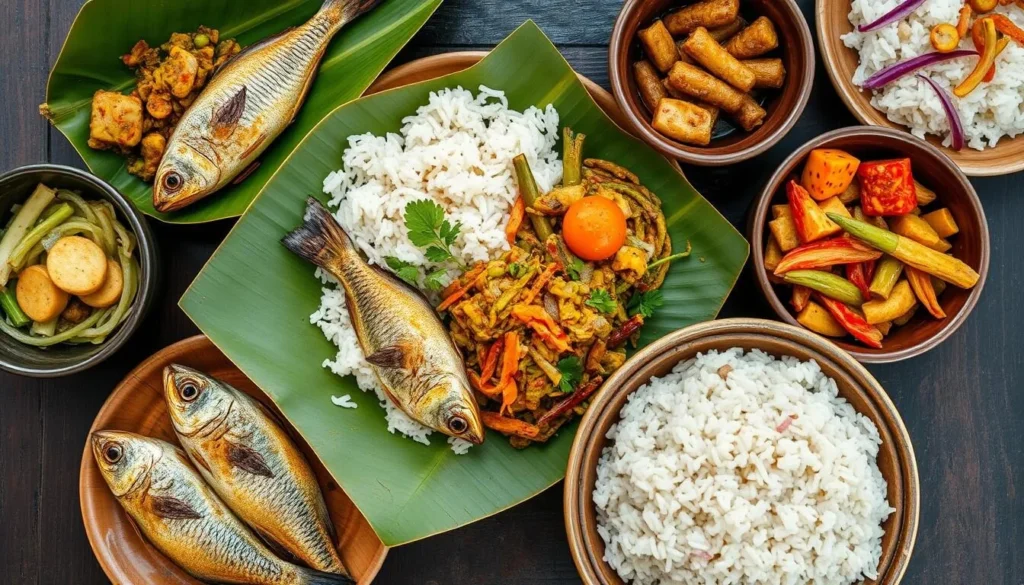
Traditional Jambi cuisine featuring local river fish and vegetables
Within the Park
Inside the national park, meals are typically:
- Prepared by ranger station staff or tour guides
- Simple but nutritious Indonesian dishes
- Often featuring rice, vegetables, and occasionally fish
- Limited in variety due to remote location
It’s advisable to bring some supplementary snacks and drinking water for your excursions.
Local Specialties
In nearby villages and Jambi City, look for these regional specialties:
- Tempoyak – Fermented durian paste used as a condiment
- Gulai Ikan Patin – Catfish curry with local spices
- Nasi Gemuk – Fragrant rice cooked with coconut milk and herbs
- Sambal Tempoyak – Spicy chili sauce with fermented durian
- Kue Padamaran – Traditional Jambi sweet cake
Traveler Tip: If you have dietary restrictions, communicate these clearly when booking your tour. In remote areas, options may be limited, so consider bringing supplementary food items if you have specific requirements.
Attractions, Sightseeing & Activities
Berbak National Park offers unique ecological experiences that showcase Sumatra’s incredible biodiversity and pristine wetland ecosystems.
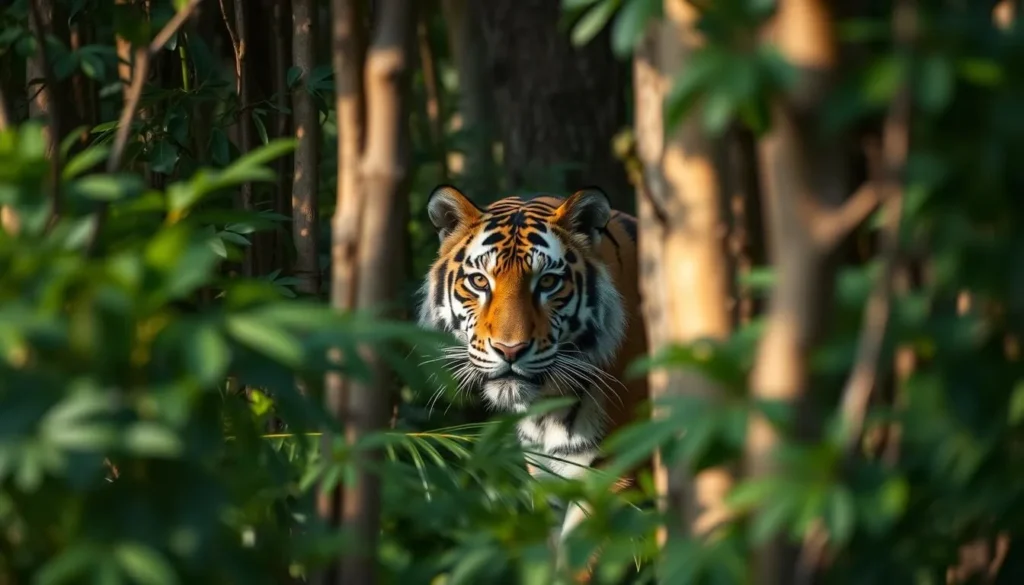
A rare glimpse of the endangered Sumatran tiger in its natural habitat
Blackwater River Expeditions
The park’s distinctive blackwater rivers, stained by organic tannins, offer mesmerizing boat journeys through pristine wilderness.
- Air Hitam Dalam River tours
- Dawn wildlife spotting cruises
- Photography expeditions
Wildlife Observation
Berbak is home to numerous endangered species that patient visitors might glimpse:
- Sumatran tigers (extremely rare sightings)
- Malayan tapirs
- Proboscis monkeys
- Saltwater crocodiles
- Various primate species
Birdwatching Paradise
With over 300 bird species recorded, Berbak is a premier destination for birdwatchers:
- Storm’s Stork (critically endangered)
- White-winged Wood Duck
- Lesser Adjutant
- Hornbill species (9 varieties)
- Kingfishers and other colorful forest birds
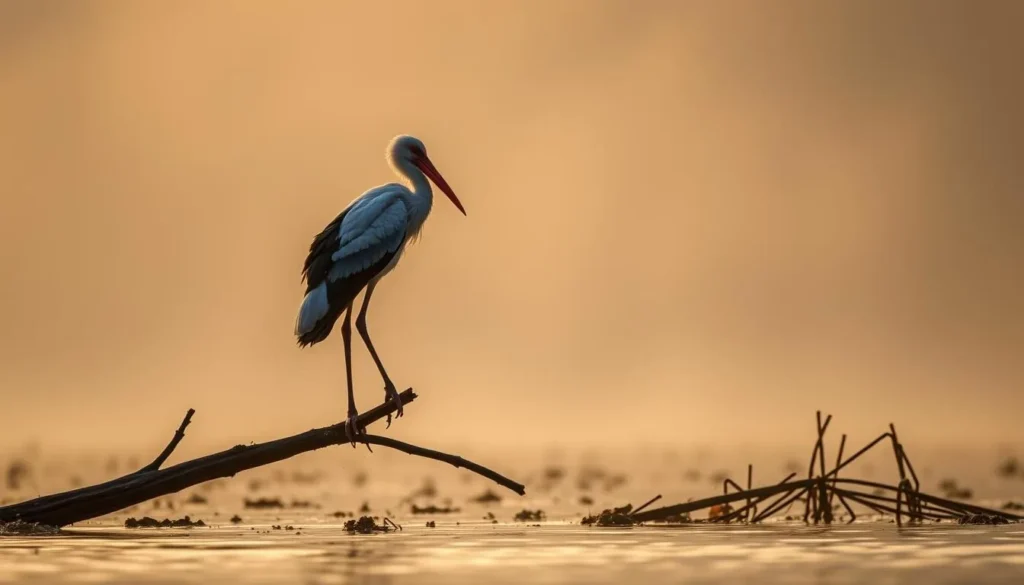
The critically endangered Storm’s Stork, one of Berbak’s rarest residents
Peat Swamp Exploration
Learn about the ecological importance of peat swamps:
- Guided walks on boardwalks (where available)
- Carbon storage education
- Unique plant adaptations
Photography Opportunities
The park offers exceptional photography subjects:
- Misty morning river scenes
- Reflections on blackwater surfaces
- Rare wildlife moments
- Unique flora including orchids and carnivorous plants
Conservation Education
Learn about critical conservation efforts:
- Ranger-led educational talks
- Anti-poaching initiatives
- Peat swamp restoration projects
- Climate change mitigation efforts
Learn More
Cultural Experiences & Local Communities
While Berbak National Park is primarily a nature destination, the surrounding communities offer valuable cultural insights into traditional Sumatran life.
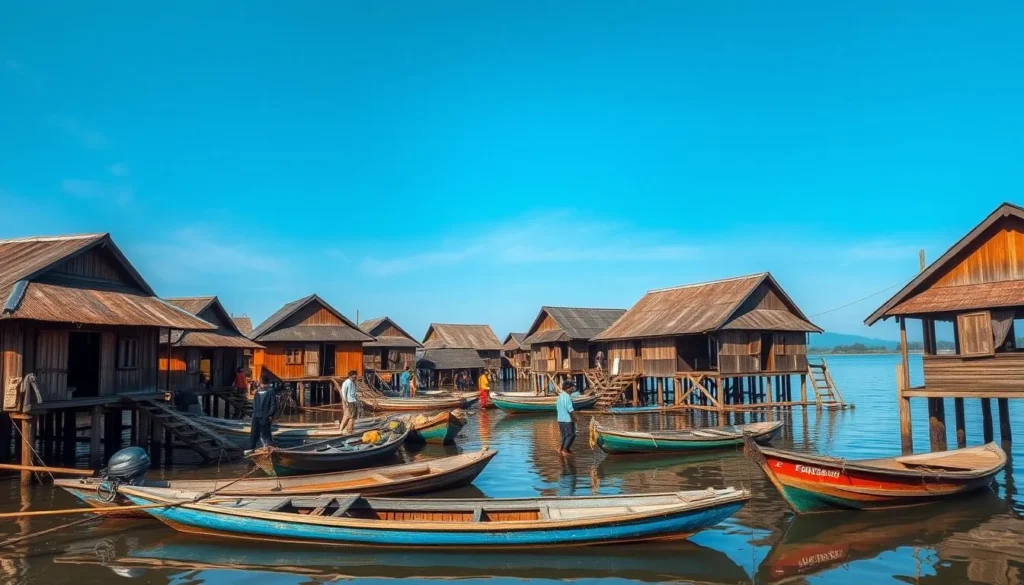
Traditional fishing village near the park boundaries
Village Visits
Communities like Air Hitam Laut and Nipah Panjang welcome respectful visitors:
- Observe traditional fishing techniques
- Learn about sustainable harvesting of forest products
- Experience daily life in rural Sumatra
- Purchase handcrafted souvenirs that support local economies
Cultural Practices
The region has a rich cultural heritage influenced by various ethnic groups:
- Traditional Malay customs and ceremonies
- Local culinary traditions using forest and river ingredients
- Folk medicine knowledge using native plants
- Traditional music and dance performances (on special occasions)
“The communities surrounding Berbak National Park have developed a unique relationship with the wetland ecosystem over generations, creating sustainable practices that balance human needs with conservation.”
Nature & Outdoor Experiences
Berbak National Park offers unique outdoor experiences centered around its extraordinary wetland ecosystem.
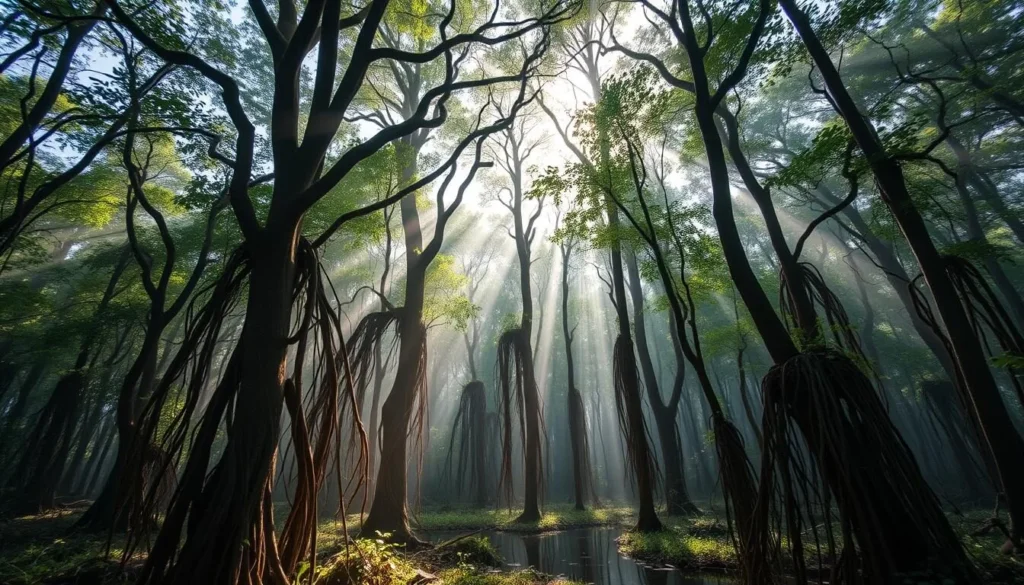
The unique interior of Berbak’s peat swamp forest ecosystem
Ecosystem Exploration
Discover the park’s diverse habitats:
- Peat swamp forests with unique adaptations
- Freshwater swamp forests
- Mangrove ecosystems along coastal areas
- Blackwater river systems
Night Excursions
Experience the forest after dark:
- Spotlighting for nocturnal wildlife
- Listening to the symphony of night sounds
- Observing bioluminescent fungi
- Stargazing in areas with minimal light pollution
Scientific Interest
For those with specific interests:
- Botanical excursions focusing on rare plants
- Entomology tours exploring insect diversity
- Hydrology education about blackwater systems
- Carbon storage research insights
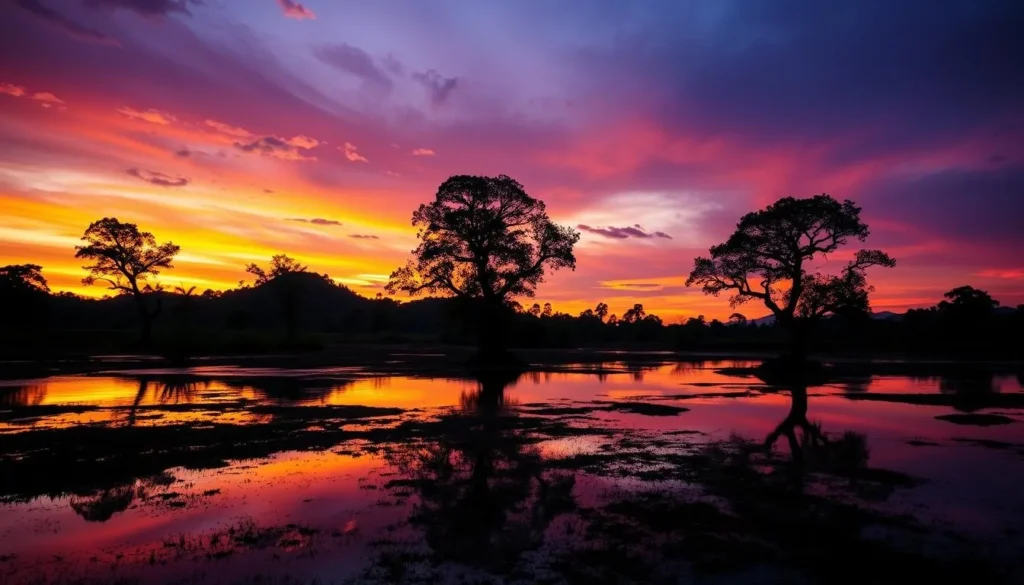
Spectacular sunset over Berbak’s pristine waterways
Safety, Etiquette & Local Customs
Visiting Berbak National Park requires preparation and respect for both nature and local communities.
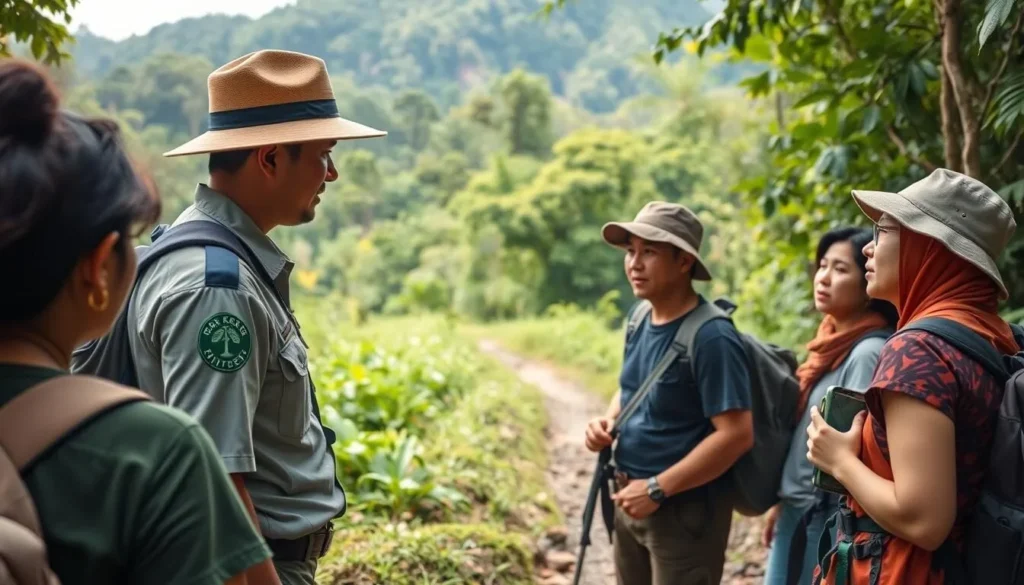
Local guides ensure visitor safety while sharing knowledge
Safety Considerations
- Always travel with experienced local guides
- Bring necessary medications and a basic first aid kit
- Use insect repellent and wear long sleeves/pants
- Stay hydrated and protect against sun exposure
- Follow guide instructions regarding wildlife encounters
- Inform others of your itinerary before departing
Respectful Visitation
- Obtain proper permits before entering the park
- Practice “leave no trace” principles – take all trash with you
- Keep noise levels low to avoid disturbing wildlife
- Stay on designated paths and boat routes
- Do not collect plants, animals, or other natural items
- Ask permission before photographing local people
Health Advisory: Consult your doctor about antimalarial medication and ensure your routine vaccinations are up-to-date before traveling to this remote region. Bring any prescription medications you need, as pharmacies are not available in the park.
Practical Travel Tips
Make the most of your Berbak National Park adventure with these essential tips.
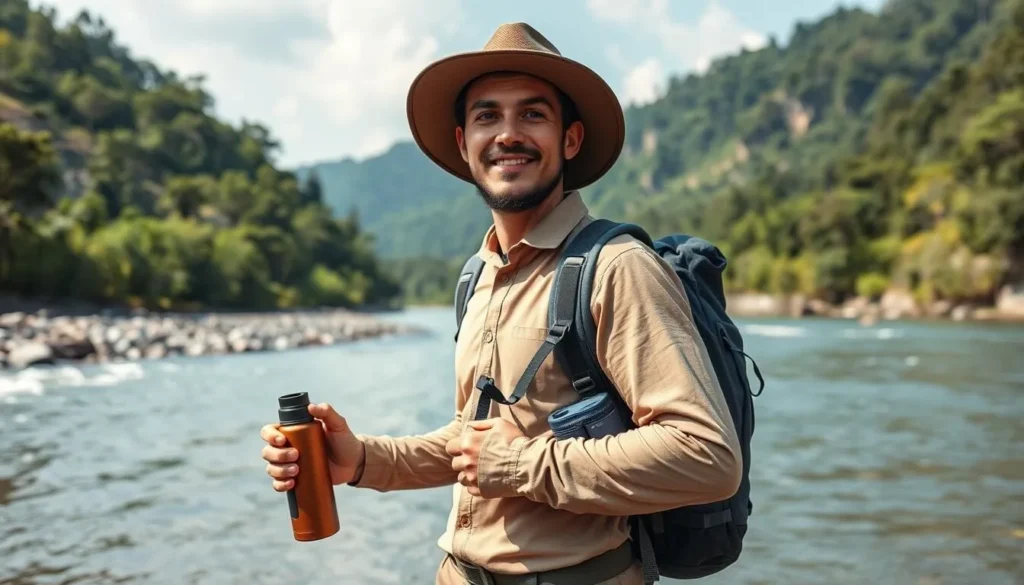
Proper preparation ensures a comfortable experience
What to Pack
- Lightweight, quick-dry clothing (long sleeves/pants)
- Hat, sunglasses, and sunscreen
- Insect repellent with DEET
- Waterproof bag for electronics
- Binoculars for wildlife viewing
- Headlamp or flashlight
- Reusable water bottle
- Basic first aid supplies
Communication
- Cell service is extremely limited or non-existent in the park
- Download offline maps before your trip
- Consider renting a satellite phone for emergencies
- Learn a few basic Indonesian phrases
- Inform someone of your itinerary before departing
Budget Planning
- Park entrance fees: ~20,000-50,000 IDR per person
- Guide services: 500,000-1,000,000 IDR per day
- Boat transportation: 300,000-800,000 IDR depending on distance
- Basic accommodation: 150,000-300,000 IDR per night
- Meals: 30,000-100,000 IDR per day
Prices are approximate and subject to change.
Berbak National Park, Jambi Province, Sumatra, Indonesia
Ready for Your Berbak Adventure?
Berbak National Park represents one of Indonesia’s last pristine wilderness areas, offering intrepid travelers a rare glimpse into untouched ecosystems. From its carbon-rich peat swamps to its extraordinary biodiversity, this remote paradise rewards those willing to venture off the beaten path.
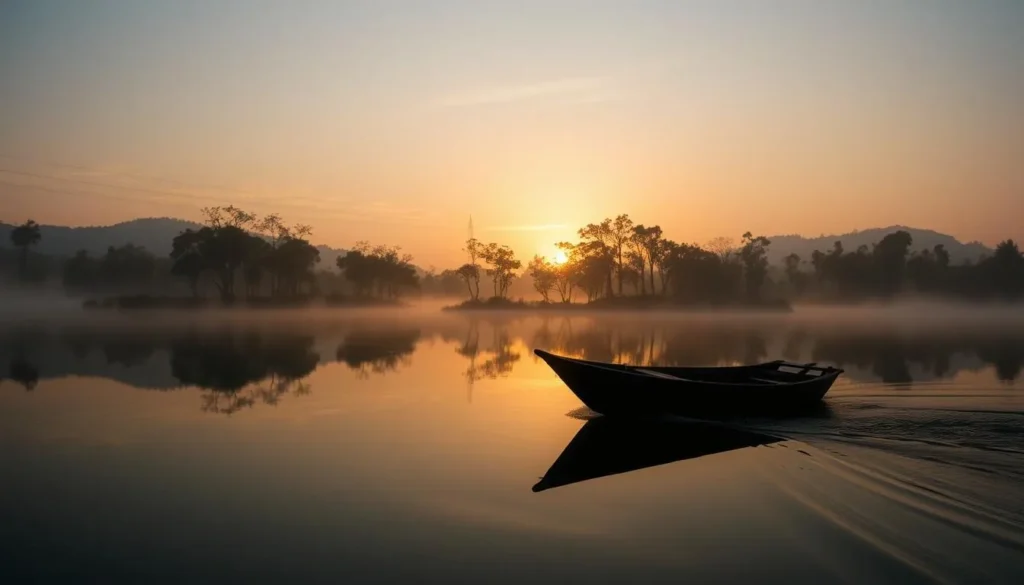
The tranquil beauty of Berbak awaits adventurous travelers
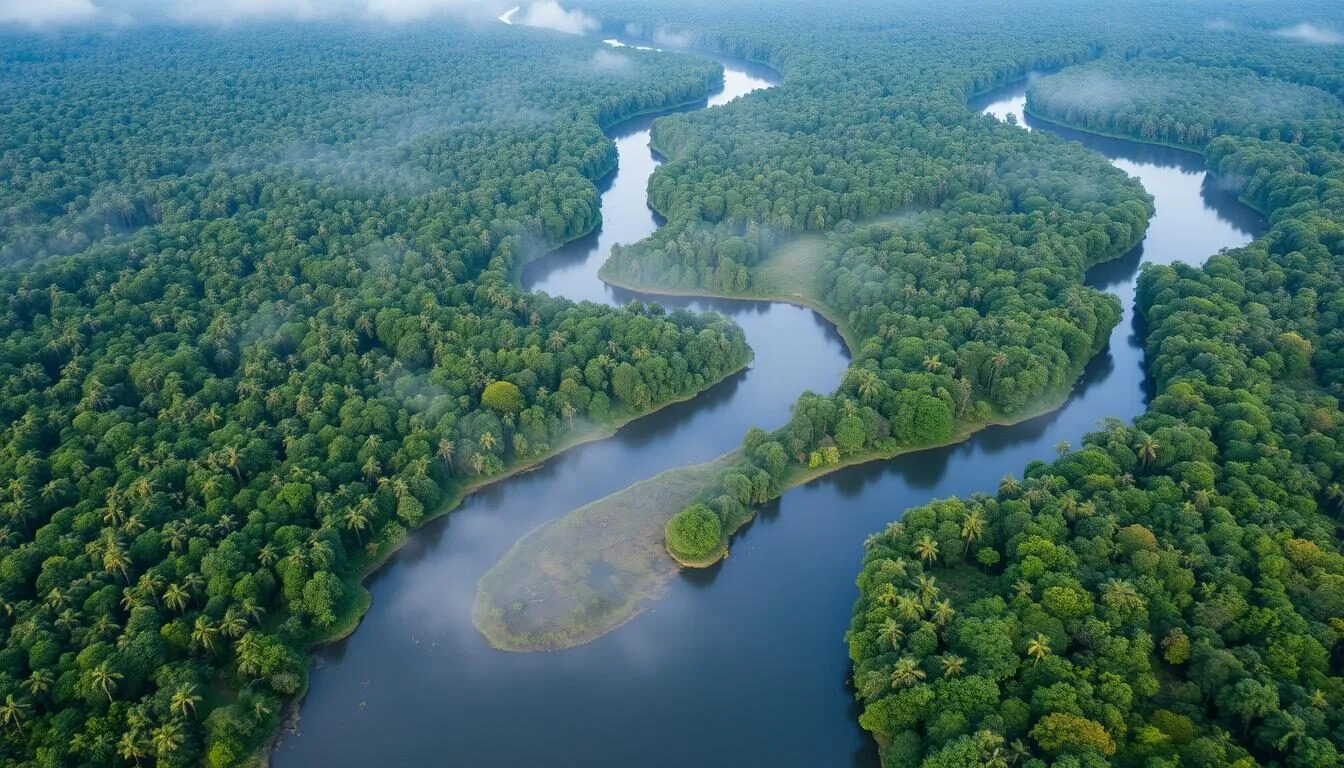
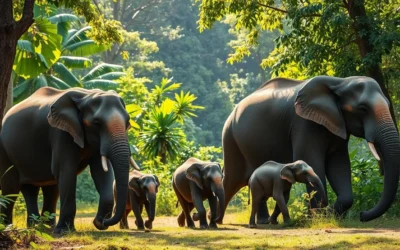
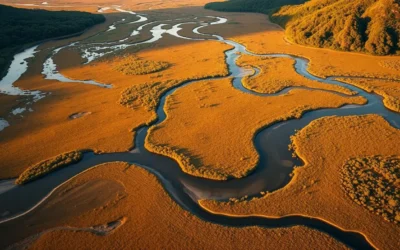
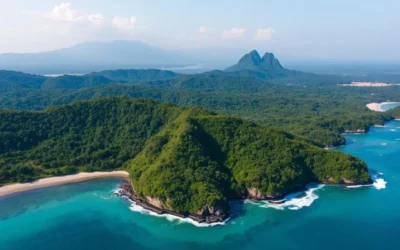
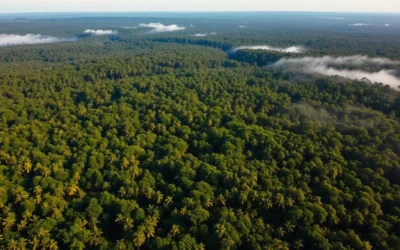
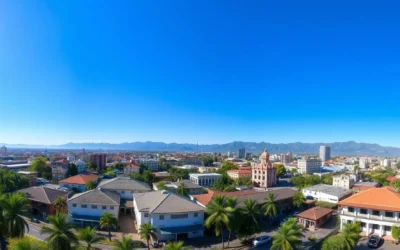
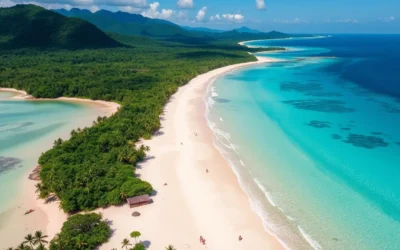
0 Comments